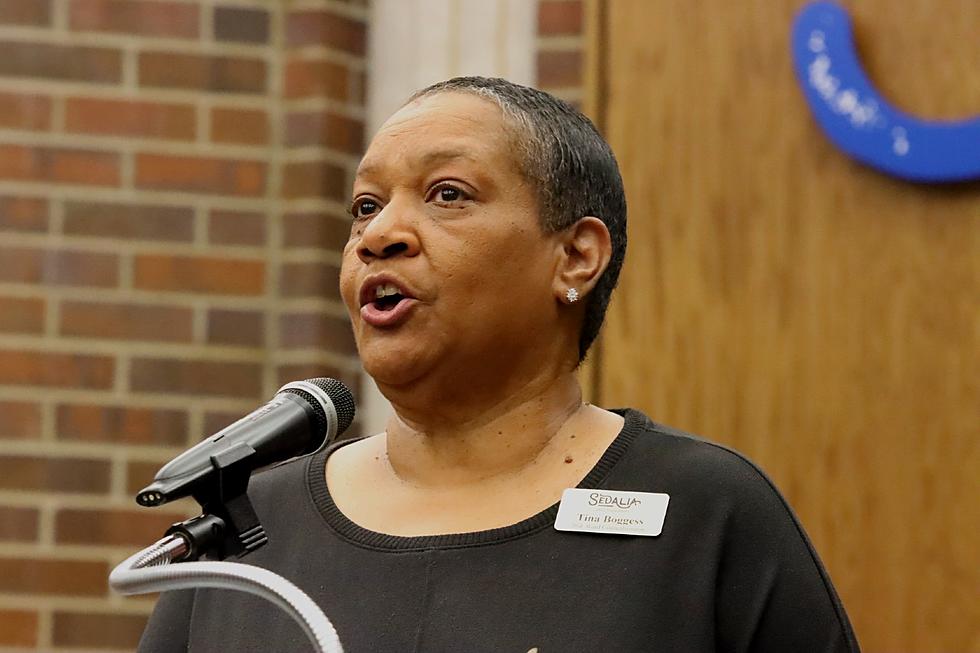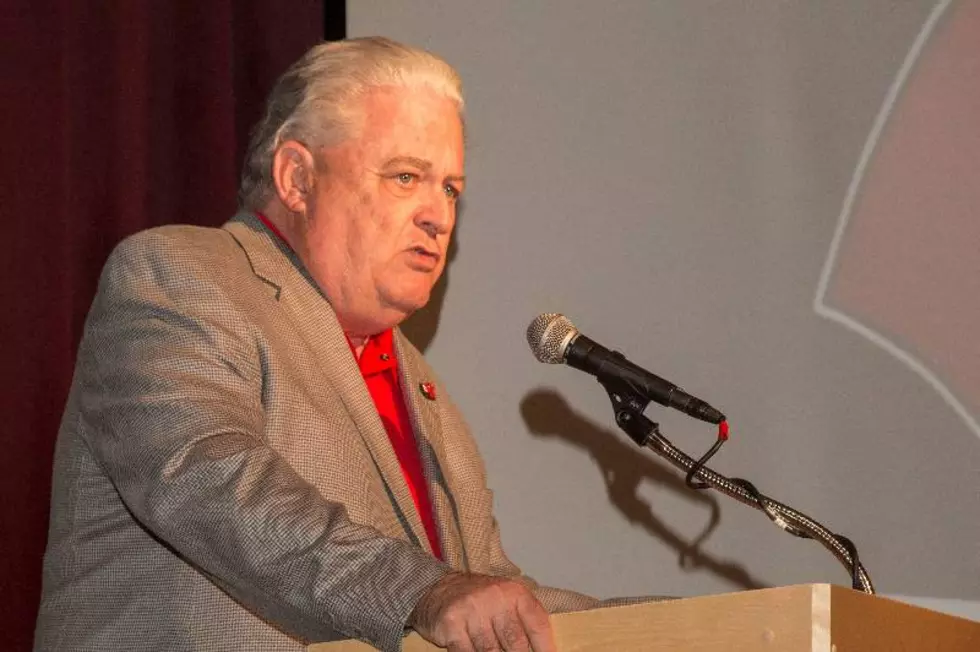
Parson Announces $2M Grant to UCM in Support of Ag Workforce Training
Governor Mike Parson announced a $2 million grant award for the University of Central Missouri from the Missouri Department of Higher Education and Workforce Development (MDHEWD) as part of a larger $20 million funding effort.
Nearly two dozen postsecondary institutions were selected to provide high-demand career training for new and underrepresented populations and to address the economic impact of the COVID-19 pandemic on agriculture and supply chains.
With the state of Missouri facing critical training needs in its agriculture workforce, the University of Central Missouri is uniquely positioned to address workforce shortfalls within the state’s agriculture segment. Today’s announced $2 million grant award, approved by the Missouri Coordinating Board for Higher Education (CBHE), requires dollar-for-dollar matching funds from UCM which can be generated through donor support.
The grant complements the university’s longstanding commitment to agriculture through its academic programs and embedded experiential learning components, and enables the establishment of five newly developed stackable or standalone agriculture workforce certificates in Greenhouse Management, Agritourism, Precision Agriculture, Agricultural Safety, and Agricultural Lab Research Technician areas.
This will address specific challenges and labor issues faced in the field.
The grant is made possible by the American Rescue Plan Act (ARPA) of 2021. The Missouri General Assembly during the 2022 legislative session allocated $10 million from federal government ARPA funding to establish the Agriculture Innovation and Workforce Development grant program, administered by the Missouri Department of Higher Education and Workforce Development (MDHEWD). This allows institutions, including UCM, to implement programs that address negative impacts on agriculture production, the food and labor supply chain and other agriculture areas. Public colleges and universities could request up to $2 million, which they have to match in order to accomplish goals they submitted in their grant proposals.
“We’re proud of our long tradition of serving Missouri’s agriculture needs through academic programs and facilities that have prepared many generations of agriculturalists, from family farmers to alumni who are heavily engaged in agribusiness and research,” said Roger Best, university president. “This new grant is a tremendous opportunity for UCM. Through ARPA, we will establish more programs and provide additional facilities on our farms that will enable us to strategically fill important employment gaps throughout Missouri agriculture."
Best expressed his appreciation to the grant writing team comprised of Michelle Santiago, chair of the Department of Agriculture, Travis Hume, director of UCM Farms, and Mark Goodwin, associate professor of agriculture. They worked in cooperation with Sarah Craig, director of the Office of Sponsored Programs and Research Integrity, to apply for the grant.
UCM was one of 14 applicants to submit ARPA Agriculture Innovation and Workforce Development proposals, resulting in cumulative requests totaling $21.7 million. The MDHEWD worked with the Department of Agriculture to score these proposals, and CBHE was charged with approving six final projects and sending memorandum of agreements to each institution that receives funding.
UCM’s proposal, “Agriculture Certifications to Meet Modern Workforce and Industry Demands,” notes that “new agricultural workforce credentials will provide clear employment/career pathways for participants as well as creating multiple credential entry points (dual credit, transfers, non-degree seeking, undergraduate and graduate).”
The bulk of the ARPA grant and matching funds will support infrastructure projects on the UCM Farms. Among these projects, the university will build a new greenhouse which not only supports the Greenhouse Management certificate program, but provides experiential learning opportunities in all of the other certificate areas as well as for other academic programs, according to Santiago and Hume.
It will also make it possible to hire a full-time employee to assist Hume with facility management, establish a new storefront on the Mitchell Street Farm, and provide funds to renovate and repurpose the historic barn. This will support the Agritourism and Agribusiness certificate programs and many other uses that will not only serve student learning needs but also benefit regional communities. These facility improvements are consistent with the master plan for developing UCM Farms as well as agriculture academic programs to better meet Missouri agriculture needs.
“All of these infrastructure pieces we are building from a production standpoint are designed to support academics,” Hume said, adding that additional fundraising is needed to achieve all master plan goals, which he has a significant stake in establishing for the farms.
He noted that the storefront will be open throughout the year to support the sale of items produced on the farms. This includes fruits, vegetables and ornamental plants, as well as meat for consumption from livestock, all of which contribute to the student learning experience at UCM. Beyond its immense educational value, the greenhouse also offers an opportunity to grow florals and other plants that can be sold publicly, and support campus needs.
According to the grant proposal, the curriculum for the new certificates aligns with existing successful structures in other states that are lacking in Missouri, and they will make it possible for individuals to immediately join the workforce, or advance within businesses looking for skilled workers to work in automated aspects of agriculture. The curriculum also will offer augmented or virtual reality elements, and at least one course that can be taken dual credit through the university or a partner institution offering the specific dual credit class. This will allow high school students to get an early start on the credentialing process.
“Very few industries provide products and services as multifaceted as agriculture - from food to beverage, recreation to transportation, security to energy to economic development. Missouri is a state near the top in many aspects of plant and animal agriculture. With over 95,000 farms helping produce valuable crops and livestock, and almost 400,000 people employed in agriculture and agribusiness, the state and industry need a workforce ready to contribute and ready to advance the industry,” Santiago said.
“Missouri has uniquely developed cutting-edge agribusiness and agricultural research hubs, on both sides of the state, to support these technologically dependent agriculture value chains. With the help of these certificates, UCM will continue to help fill Missouri’s modern agribusiness and agricultural research pipelines," he said.
To learn more about the ARPA grant, support fundraising efforts, or find out more about the certificate programs, contact Hume at thume@ucmo.edu or Santiago at santiago@ucmo.edu.
More From AM 1050 KSIS









